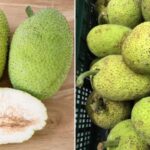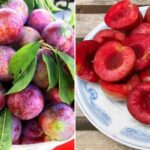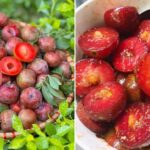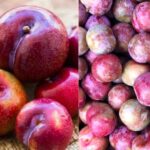As summer arrives, Vietnam’s fruit markets come alive with a plethora of unique fruits such as lychees, plums, and jackfruit. However, many people are hesitant to indulge in these treats due to concerns about experiencing internal heat, breakouts, mouth ulcers, or even itching and discomfort. But is there any truth to these worries? Let’s explore this topic from a nutritional perspective to gain a clearer understanding.
What is “internal heat”?
“Internal heat” is a concept not recognized in modern medicine, yet it is prevalent in everyday life. Common symptoms associated with this condition include breakouts, mouth ulcers, itching, frequent urination, constipation, and a feeling of restlessness…
While there is no official scientific definition, many nutrition experts believe that these symptoms may be linked to an imbalanced diet, excessive energy intake, dehydration, or insufficient fiber consumption.
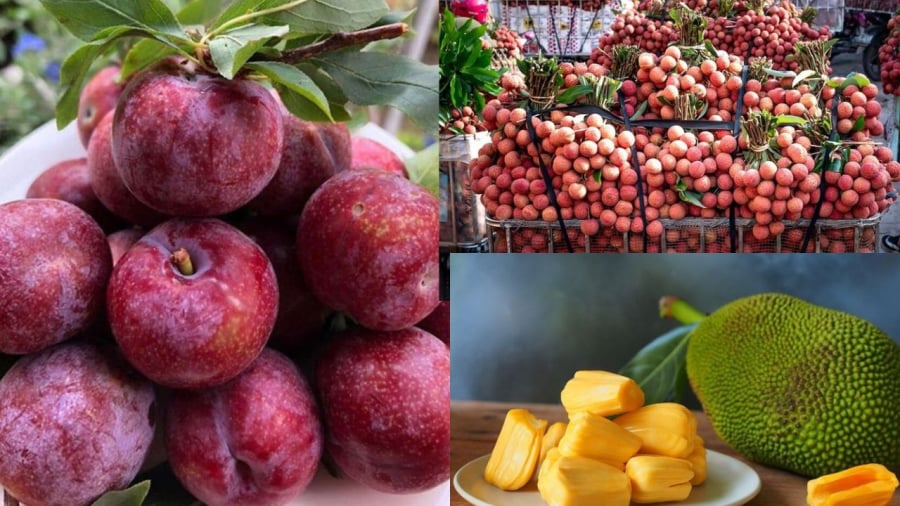
Do lychees cause internal heat?
Nutritional value of lychees: Lychees (Litchi) are tropical fruits rich in vitamin C, potassium, antioxidants, and natural sugars. On average, 100g of lychees contain approximately 66 kcal and nearly 15g of sugar. They boost immunity, improve blood circulation, and promote healthy skin.
Why lychees are considered heating:
Lychees are high in sugars (fructose and glucose). Consuming excessive amounts can lead to a sudden spike in blood sugar levels, disrupting energy balance and resulting in sensations of heat, breakouts, and irritability. According to the National Institute of Nutrition, adults should consume no more than 5–10 lychees per day, depending on their physique.
Note: Children who consume too many lychees, especially on an empty stomach, may experience hypoglycemia due to metabolic disorders, as observed in certain lychee-growing regions like India.
Do plums cause internal heat?
Nutritional content of plums: Plums from Hanoi or Northern Vietnam (Prunus salicina) are packed with vitamins A and C, fiber, and antioxidants such as polyphenols and anthocyanins, which have anti-inflammatory properties and support digestion and immunity.
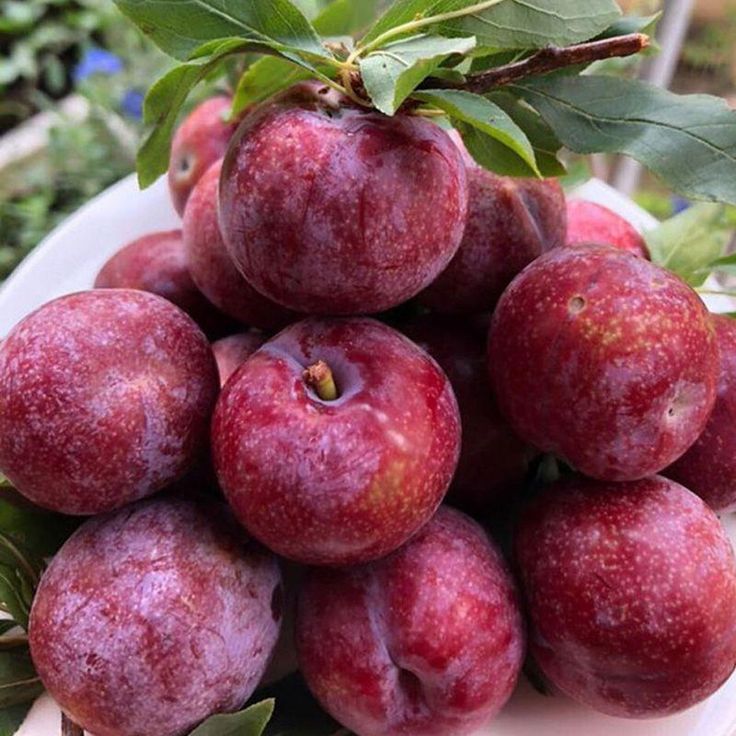
Can plums really cause internal heat?
Contrary to popular belief, plums do not induce internal heat. In fact, they have a mild laxative effect and help detoxify the liver gently. However, consuming excessive amounts of plums (more than 300g/day) may lead to increased stomach acid, resulting in a burning sensation, discomfort, or mild breakouts due to the high fructose content. Individuals with sensitive stomachs may experience breakouts after consuming plums.
In summary: Plums do not cause internal heat when consumed in moderation. It is recommended to eat them with the skin to benefit from the antioxidants and avoid excessive salt or spicy dips to minimize gastric irritation.
Does jackfruit cause breakouts or internal heat?
Nutritional profile of jackfruit: Jackfruit is a good source of carbohydrates, vitamin C, vitamin B6, magnesium, and potassium. It also contains plant compounds called lignans and saponins, which have anti-inflammatory and anti-aging properties.
100g of jackfruit provides approximately 95 kcal – a significant calorie count compared to other fruits – and contains a considerable amount of natural sugar. Therefore, overeating jackfruit can easily lead to excess energy intake.

Does jackfruit cause internal heat?
Jackfruit is often labeled as heating due to the consequences of overeating it, which can lead to bloating, indigestion, breakouts, or constipation if not paired with adequate water intake. However, when consumed in moderation (100–200g/day) and with sufficient water, jackfruit is a nutritious food.
Suggestion: Consider pairing jackfruit with unsweetened yogurt or consuming it 30 minutes after a main meal to aid digestion.
How to eat these fruits without experiencing internal heat?
- Eat a varied and balanced diet: Avoid overeating any single type of fruit, be it lychees, plums, or jackfruit. Alternate between different fruits, and aim for a total daily intake of 200–300g of fresh fruit.
- Stay hydrated: Dehydration in the summer can exacerbate symptoms of internal heat. Aim for a daily water intake of 1.5–2 liters.
- Incorporate cooling foods: Include cooling foods such as pennywort, water spinach, winter melon, and dragon fruit to help regulate body heat.
- For those with heat-prone constitutions or acne-prone skin, avoid eating fruits on an empty stomach or pairing them with spicy or fried foods.
- Individuals with high blood pressure or diabetes should monitor their consumption of sweet fruits like jackfruit and lychees to prevent blood sugar spikes.
Lychees, plums, and jackfruit do not inherently cause internal heat when consumed in moderation and in a balanced manner. The perception of these fruits as heating often arises from improper consumption practices, such as overeating, consuming on an empty stomach, dehydration, imbalanced diets, or individual sensitivities. Instead of avoiding these delicious summer fruits altogether, embrace them in a mindful and moderate way – you’ll not only support your health but also get to savor the wonderful flavors nature has to offer.
























